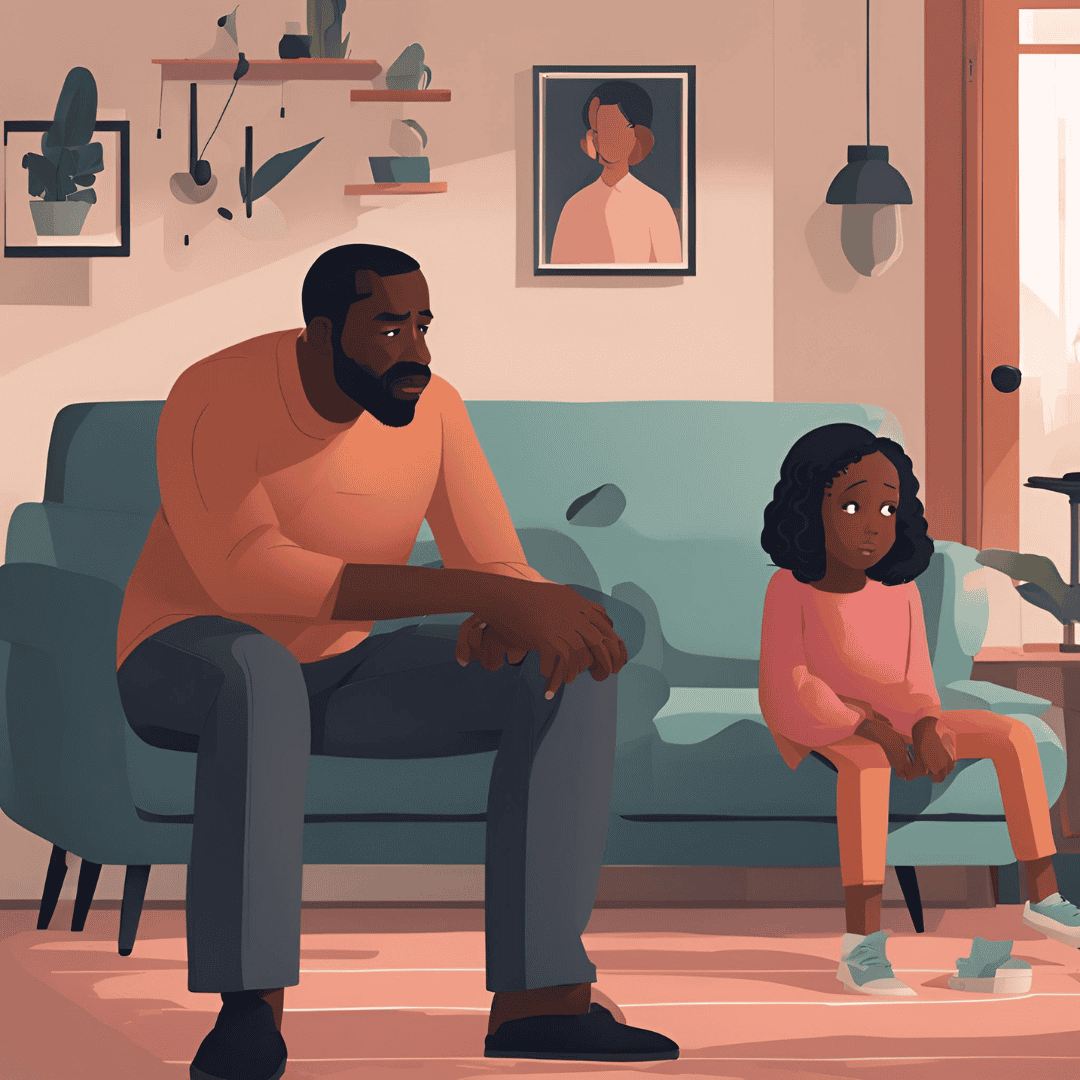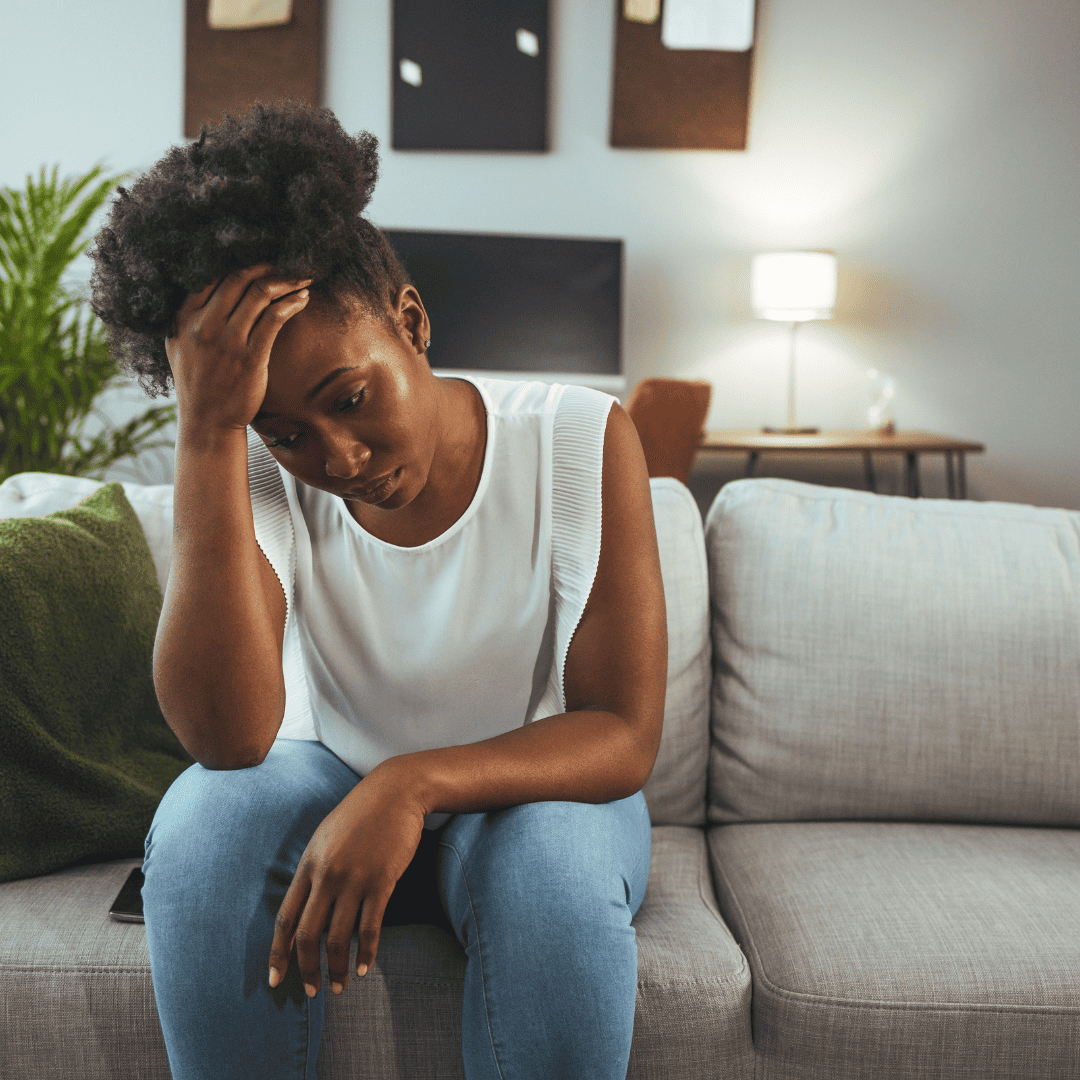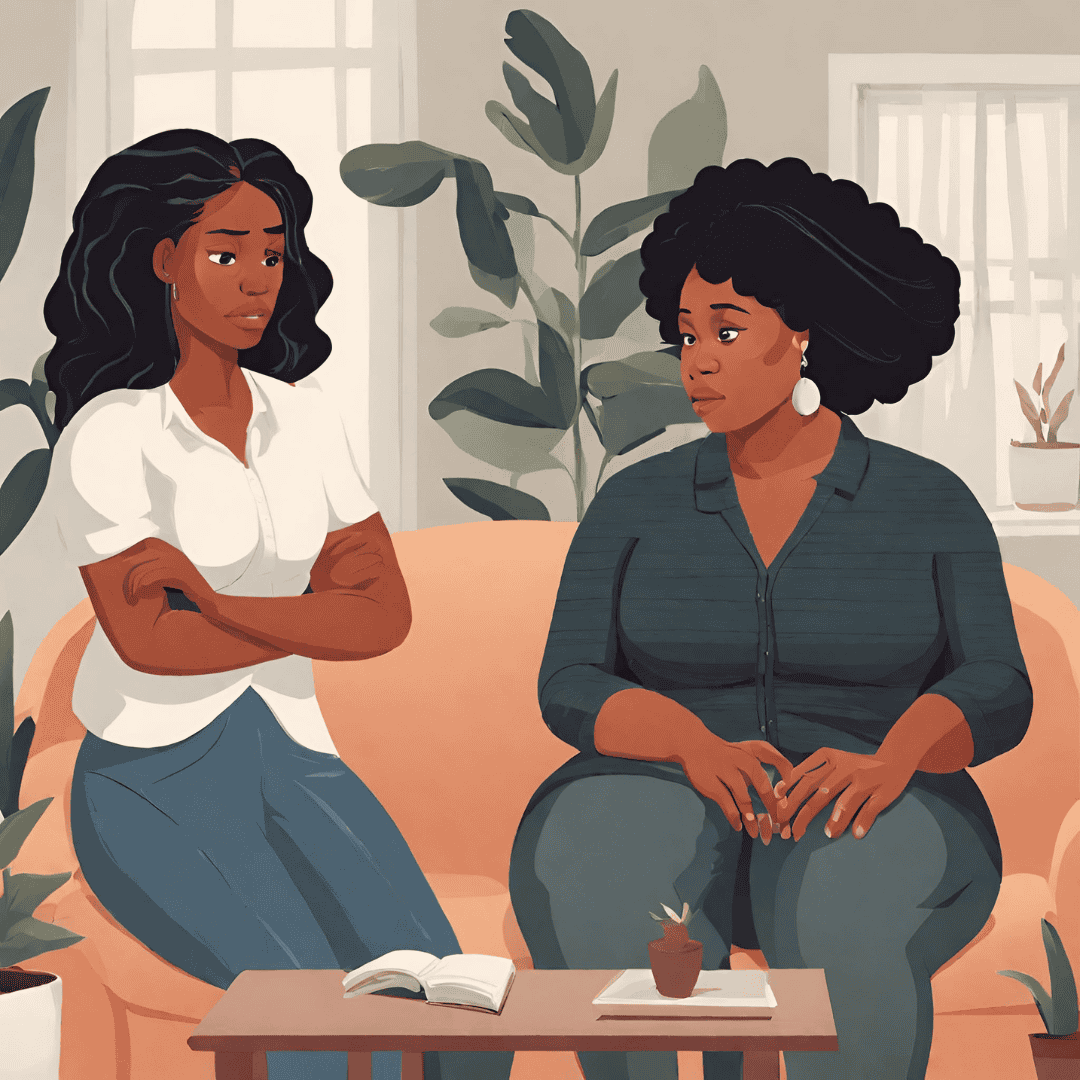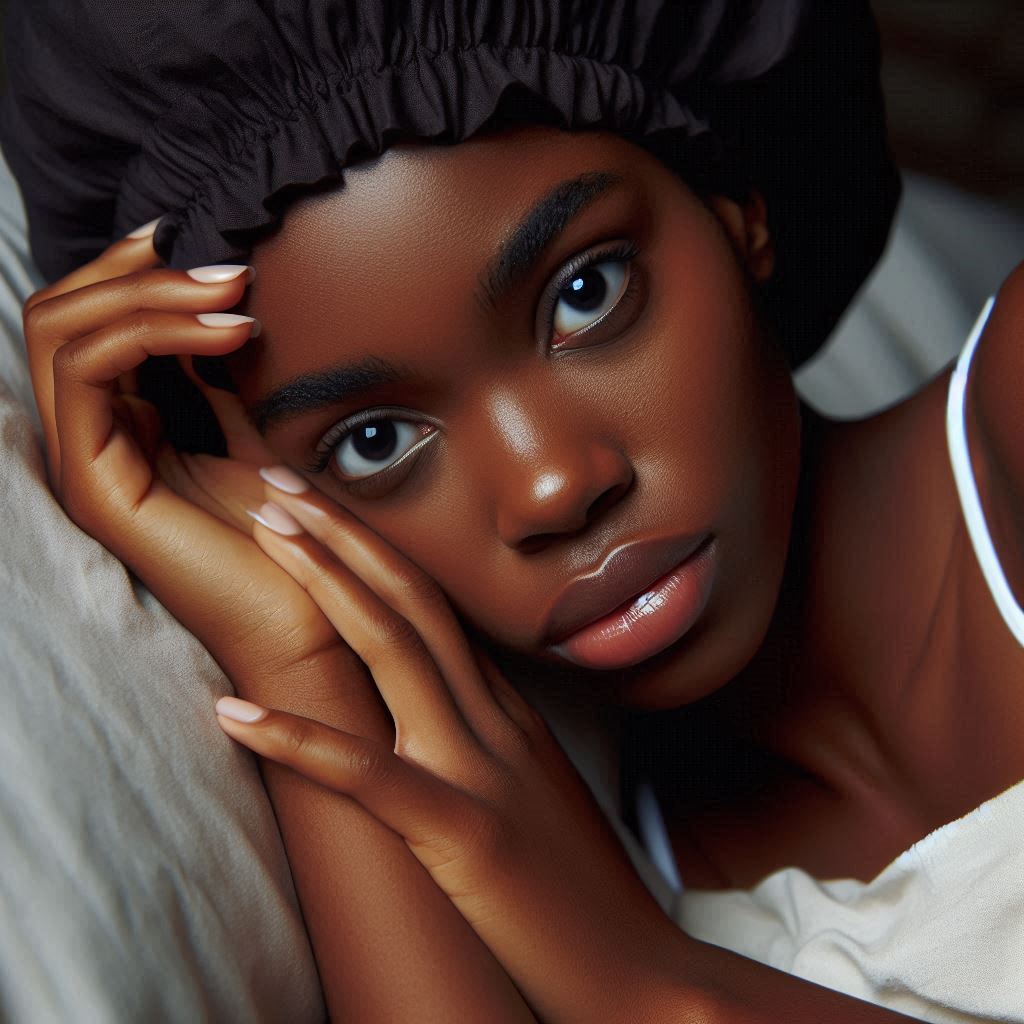
How Sleep Deprivation Affects Black Women
Did you know that sleep deprivation costs the UK £40 billion a year? Without sleep, we don’t feel refreshed, we are more tired during the day, and we lack energy. This topic is important. Sleep deprivation affects many, and Black women need more awareness about it.
Sleeping is one of the best forms of self-care for our minds and bodies. Without enough sleep, our mental health suffers.
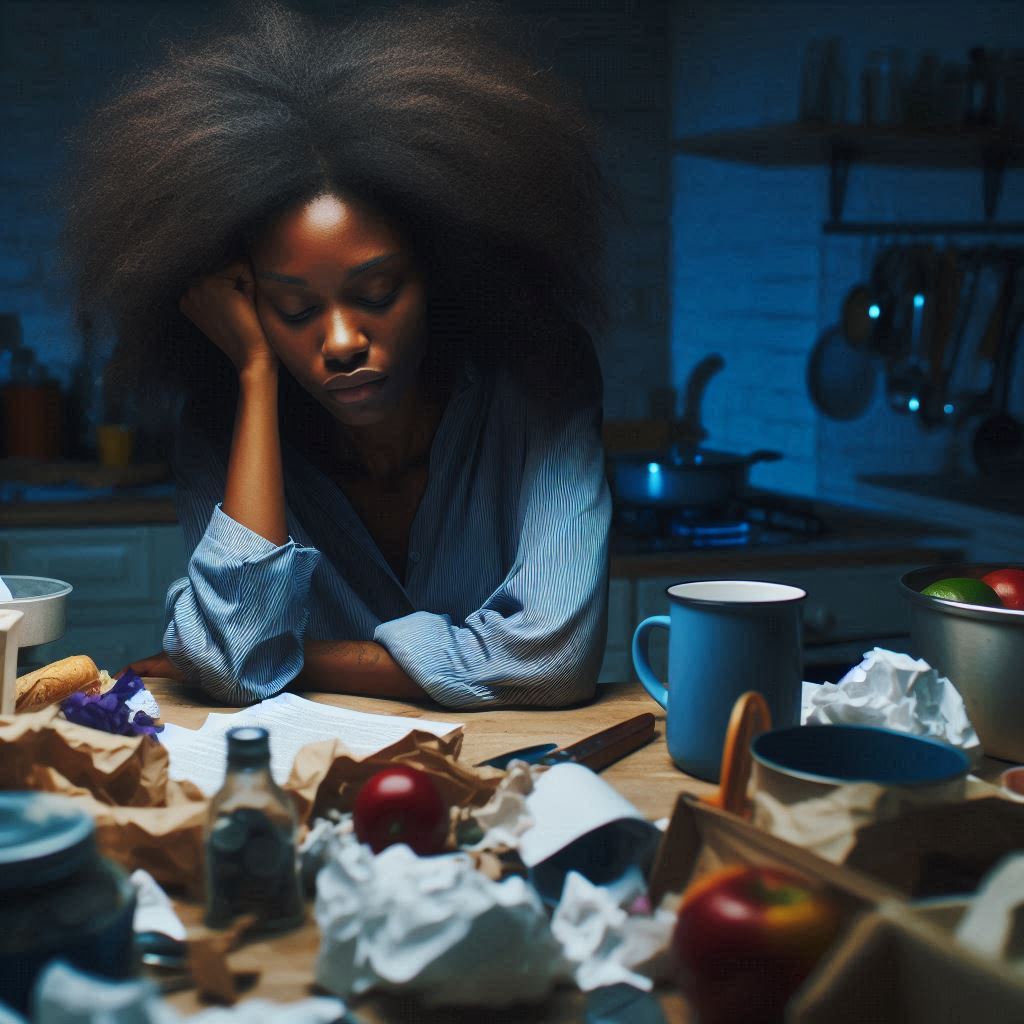
What is sleep deprivation?
The NHS defines sleep deprivation as “when we are not getting enough sleep.” Mental Health UK recommends “that adults up to 64 should sleep 7 to 9 hours a day. This depends on their age, lifestyle, and health.”
Here are some signs of feeling sleep deprived:
- You find it difficult to fall asleep.
- You wake up several times during the night.
- You have difficulty focusing.
- You end up lying awake at night for a long time.
How detrimental is sleep deprivation in the UK?
A study from the Guardian revealed that people in poorer parts of Britain sleep less. They also have more trouble with sleep quality than those in wealthier areas.
The article says that Black people had the lowest sleep quality among all racial groups. You may have poor sleep quality if you wake up too early, wake up at night, sleep very little, or feel tired during the day.
Also, 24.7% sleep less than the required hours compared to 7.7% who sleep longer. On race, 82.4% of white people rose without difficulty in the morning. Seventy-four point four per cent of black people, seventy-four per cent of mixed-race people, and seventy-three per cent of Asian people followed this.
Black women face a hidden crisis of sleep deprivation. This issue needs greater awareness, as it continues to grow.
This is a big national concern. If the British government loses billions from sleep deprivation, it affects us all. We should all worry.

How does sleep deprivation affect Black women?
Sleep deprivation impacts black women for many reasons. We often bear heavy responsibilities. We should care for others. Yet, we often don’t get the support that other women get from the men in our communities.
Without protection, black women often face more intimidation, racial discrimination, and violence. This comes not only from black men but also from men of other racial groups.
An example is Diane Abbott, the first black woman politician to be a member of the Labour Party in England. Mrs Abbott is a respected politician, but she still faces racism and death threats.
There are mental and physical effects of dealing with sleep deprivation, such as:
- Feel more isolated
- Depression
- More likely to be affected by physical health problems.
- Feel irritable
- Poor focus, concentration, and memory.
How can racism and stereotypes have an impact on sleep quality?
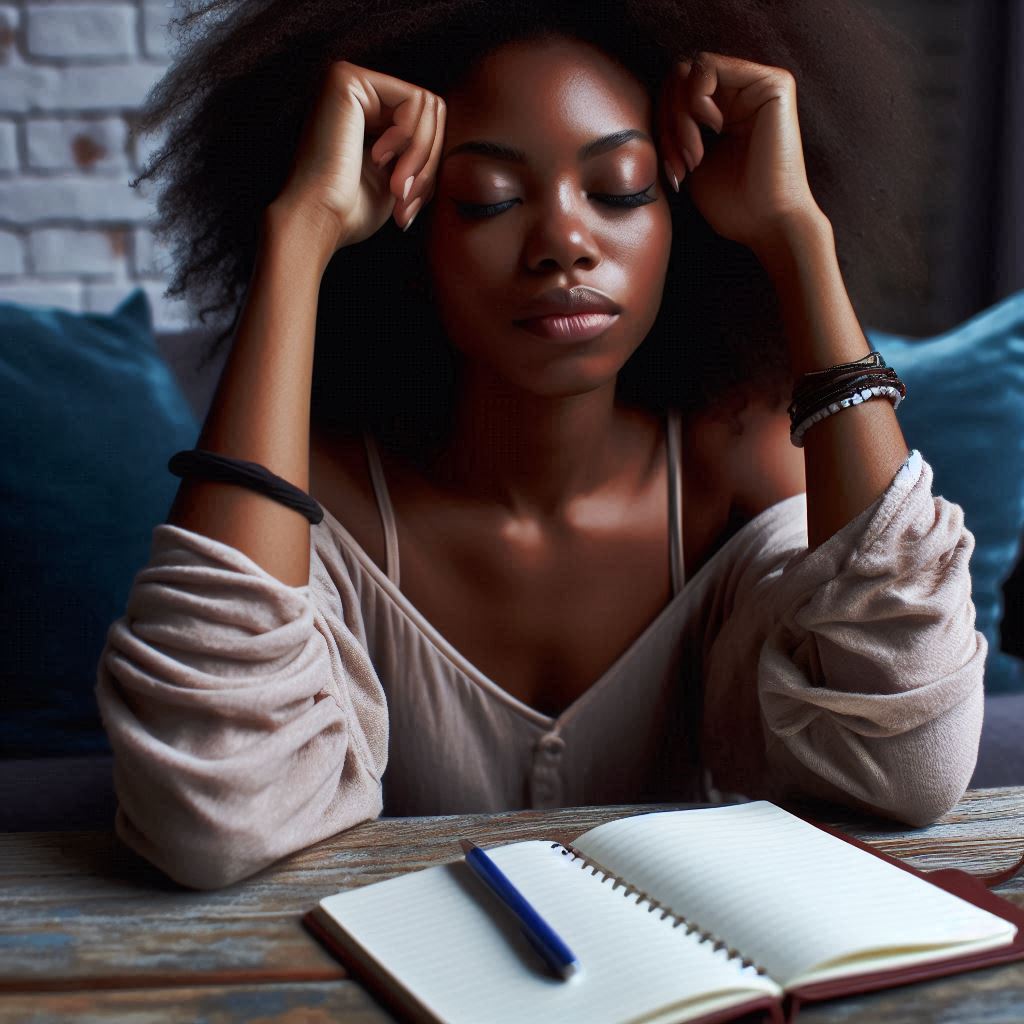
We also face ridiculous stereotypes about black women. These include the Jezebel, the angry black woman, and the strong black woman. There is also the false idea that black people are lazy, when anyone can be lazy.
This is harmful because it shows how far white people in power will go to create false images of black people. These stereotypes, like the idea that black people are lazy, still exist today, which is shocking to me.
History shows that slavery was a harsh system. It contributed to the wealth of many Western nations, including Britain.
If black women aren’t getting enough sleep, it affects their mental and physical health. The way we concentrate is getting worse because our brains are craving rest.
Getting less sleep makes you more likely to catch a cold. It also makes it harder to manage stress, which can increase anxiety. To make it worse, the lack of sleep can also affect memory.
Quartz pointed out that sleep deprivation can lead to poor mental health. This includes issues such as obesity, increased risk of blood pressure, diabetes, and depression.
Black British people often have poorer sleep quality. This lack of sleep can harm mental health, leading to stress, anxiety, and depression.
The Guardian noted that people with jobs tend to sleep better than those without. They also said that educated men who are single or live in shared houses in wealthy areas sleep better.
How does low income affect Black women with sleep deprivation?
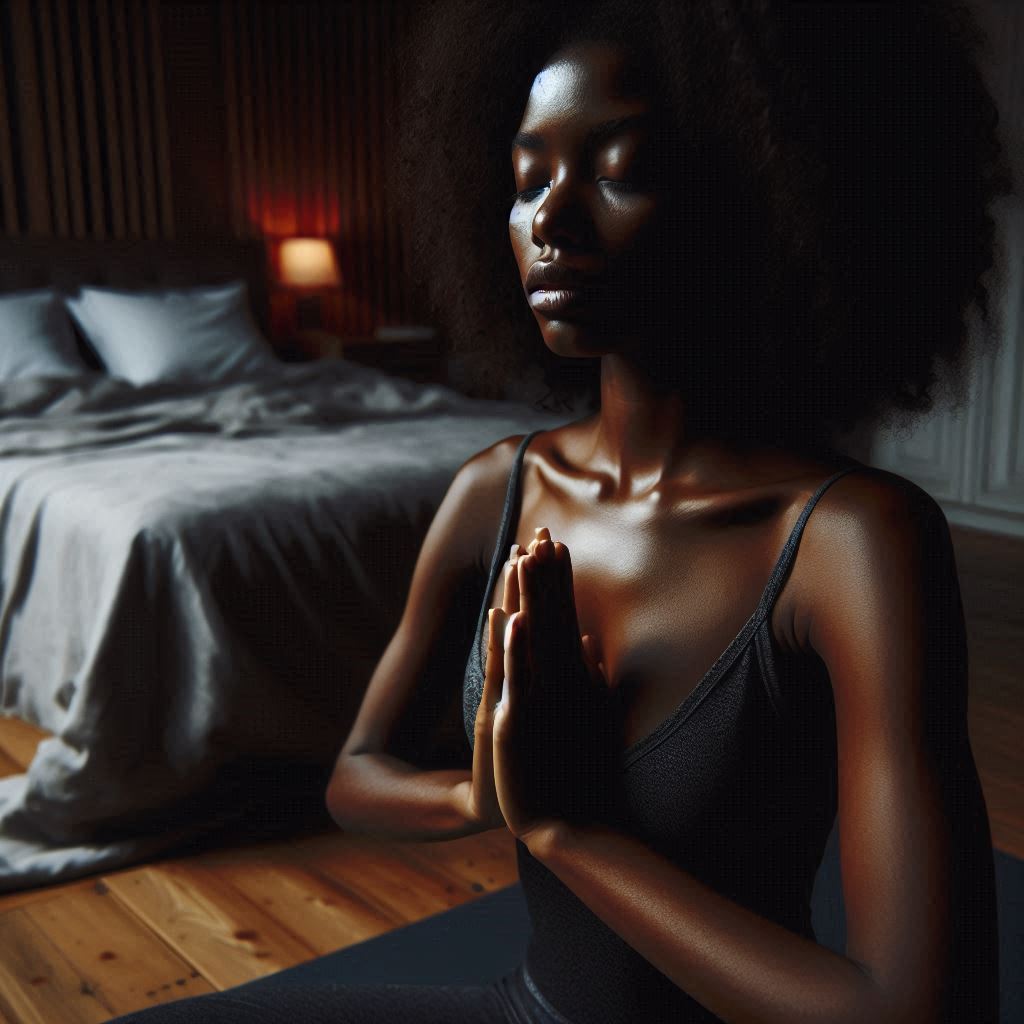
Mental Health UK noted that worries about money, finances, life events, devices, and the environment can hurt sleep quality.
They noted that 1 in 5 people don’t get enough sleep. Also, 25% say finances affect their sleep. Women from BAME backgrounds are more likely to struggle with sleep deprivation.
If you are employed, then you will not worry as much about finances, and you are more likely to sleep better. If you’re unemployed, a lack of money may lead to stress, anxiety, and depression.
Imagine you are a black woman from a low-income home, and you are the main earner. Your sleep quality might suffer if you live in a deprived area. This can happen if you have a lot of responsibilities, like being a single mum or being in a relationship, and you are the main breadwinner.
This study didn’t mention black women living in wealthier areas. It only focused on educated men. Did they mean white men, mainly white men, or men from various ethnic backgrounds in those areas?
In addition, the study lacks details on black women in wealthy areas. It doesn’t say if they sleep better or worse than educated men, or if they live in shared housing.
Are middle-class black women more likely to experience sleep deprivation? This could be due to their work in corporate environments. Black women have to work twice as hard and face microaggressions.
Also, the study was created focusing on people aged 40 to 69, so it doesn’t take into account other generations, such as younger millennials who are between 29 and 40.
Black Women and the Power of Rest
There are organisations led by black people that consider the need for rest and sleep. These organisations in the USA know that sleep deprivation impacts the black community.
The Nap Ministry is an organisation founded in 2016 by Tricia Hersey. She is an author who shows how racism affects the rest of the Black community.
They offer resources and support for community healing. They also highlight how important rest and sleep are.
Another initiative, called Black Power Naps, teaches Black communities why rest matters. Vogue says Fannie Sosa and Navild Acosta started this initiative, and they believe society has never valued rest for black people.
They talked about how slavery in the USA took away time and rest from black people. This caused a sleep crisis. The Black Power Naps are rising to the challenge. They are using installations, zines, opera, and more. They call for more rest as reparations and a time and place to dream and sleep.
Final Thoughts
This was an interesting topic that was inspired by an Instagram post I saw created by The Noire Space. They talked about the importance of sleep, and I got an idea of writing about sleep deprivation affecting black women.
This has been a personal experience, and I wanted to write about this topic because it’s not discussed. Where do black British women go to talk about sleep deprivation other than the GP? There are not many sleep wellness organisations catering to rest and sleep for black British women in the UK.
Thank you for reading! If this article inspired you, don’t forget to comment below. It helps me create more content uplifting Black women. We often hear that history repeats itself, but what if we could rewrite the narrative? What if we could make sure Black women’s contributions to certain musical genres were no longer ignored? That’s what I’ll be exploring next.


